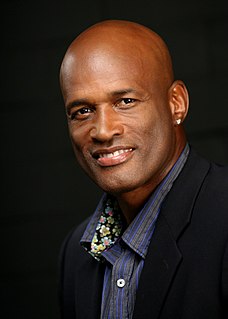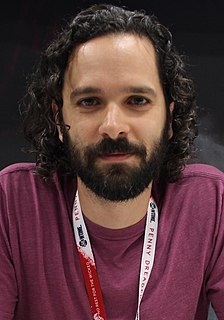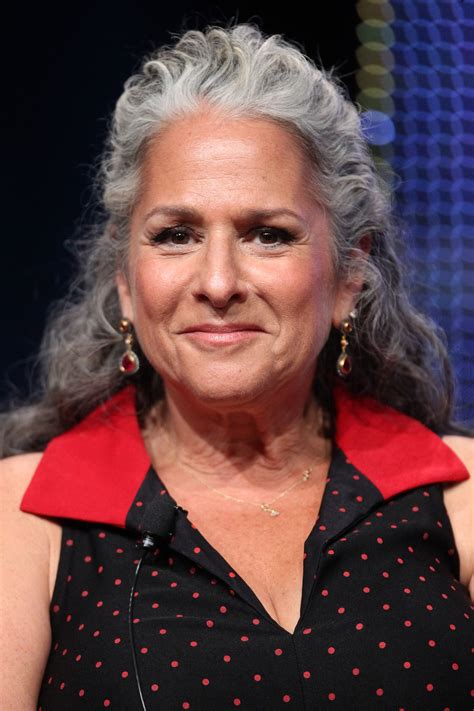A Quote by Kenny Leon
As an artist, you're thankful to get a shot at a story more than once, because it doesn't happen all the time. Whether you talk about 'Hamlet' or 'Death of a Salesman,' you always want to see what the next group of actors will do.
Related Quotes
I would say plotting is the most difficult thing for me. Characterization is only hard because sometimes I feel I get so interested in it that I want to talk too much about the characters and that slows the story down. So I say, "Hey, people want to find out what's going to happen next, they don't want to listen to you spout off about this or that person." But I think even the bad guy deserves to tell his side of the story.
Any place where you have to deal with many social actors like a school - you have the parents, the Ministry of Education, the school board, and the teachers - you need all kinds of sets and rules. You're trying to foresee anything that can happen and everything becomes really rigid. They don't want to talk about death because they don't want to overwhelm the children, but that has already happened, so you're not going to overwhelm them more.
The holiday season is a time for storytelling, and whether you are hearing the story of a candelabra staying lit for more than a week, or a baby born in a barn without proper medical supervision, these stories often feature miracles. Miracles are like pimples, because once you start looking for them you find more than you ever dreamed you'd see, and this holiday story features any number of miracles, depending on your point of view.
When I'm in the process of making a movie I'm not thinking about the finished result, and whether people have to see it once or more than once, and what the reaction to it will be. I just make it, and then I live with the consequences, some of which may not be as pleasant as I'd like! I know one thing, however. Many viewers may come out of the theater not satisfied, but they won't be able to forget the movie. I know they'll be talking about it during their next dinner. I want them to be a little restless about my movies, and keep trying to find something in them.
I want studios that make story-based games to start taking their stories more seriously. And that doesn't mean hiring a big shot writer from Hollywood; it means that story becomes integral to making your game. I don't see how you can achieve that without having an in-house writer that sits next to the designer, helping them make their levels, talking with the engineers about where we can tell the story more dynamically, pushing at technology.
The only way to maximize group creativity—to make the whole more than the sum of its parts—is to encourage a candid discussion of mistakes. In part, this is because the acceptance of error reduces cost. When you believe your flaws will be quickly corrected by the group, you're less worried about perfecting your contribution, which leads to a more candid conversation. We can only get it right when we talk about what we got wrong.
Yes, we know more than ever before, and it's a wonder that we get to inhabit a world full of driverless cars and 3D printers. But that doesn't mean that we know any more about the essential things in life - love, faith, death - and it would be dangerous to assume we did. The only thing that gets us through sometimes is a proper, humbled sense that we don't have a clue, we can't be sure what's going to happen next and life will always be much larger than our ideas of it.
"Once there, always there", would give you less freedom than you recently enjoyed, but more security. Security not in the sense of safety from terrorists, burglars, or pickpockets... but security in the sense of knowing where you are, who you are, on what kind of future you can count, what will happen, whether you will preserve your position in society or whether you will be degraded and humiliated - this sort of security. This sort of security for many, many people - a rising number of people - looks at the moment more attractive than more freedom.






































